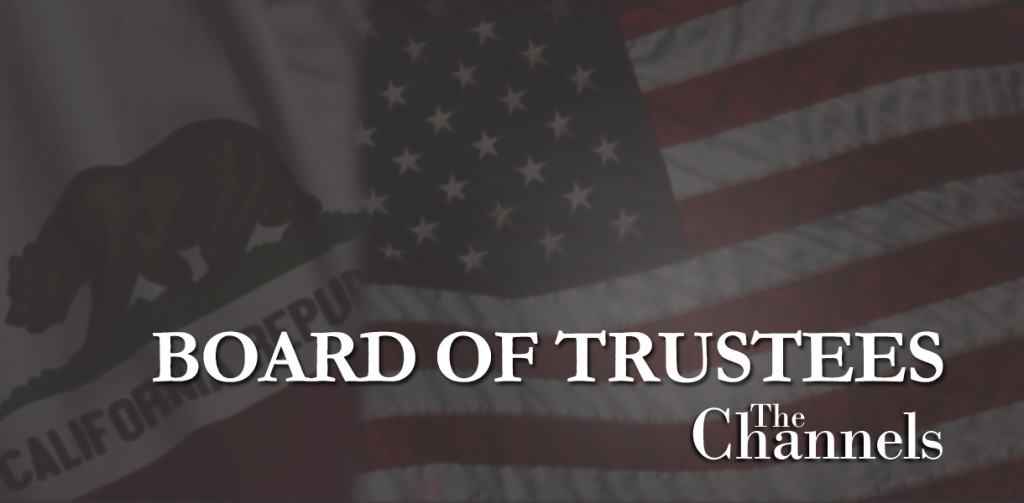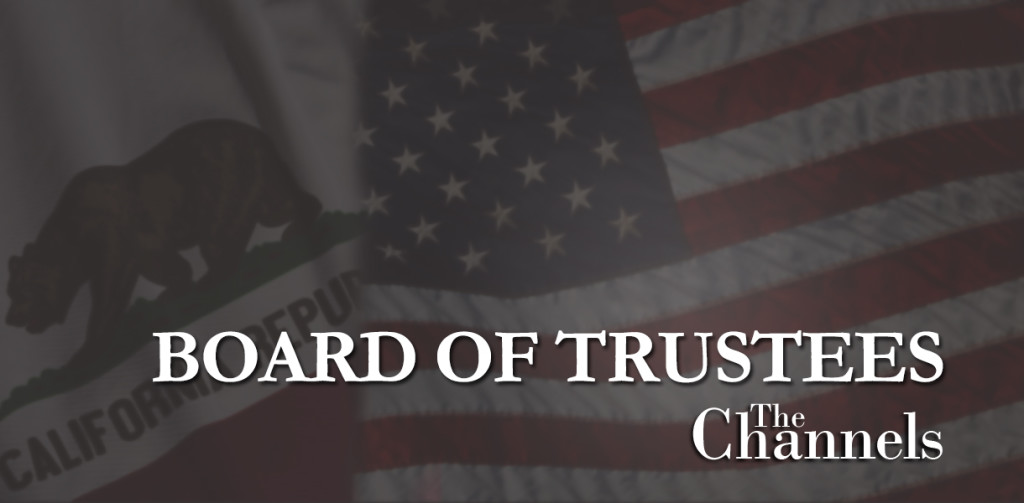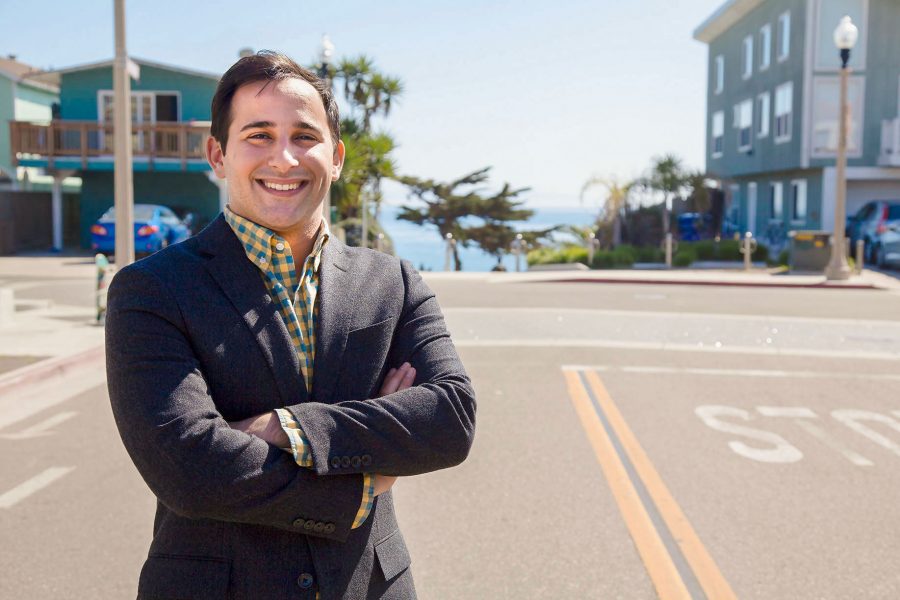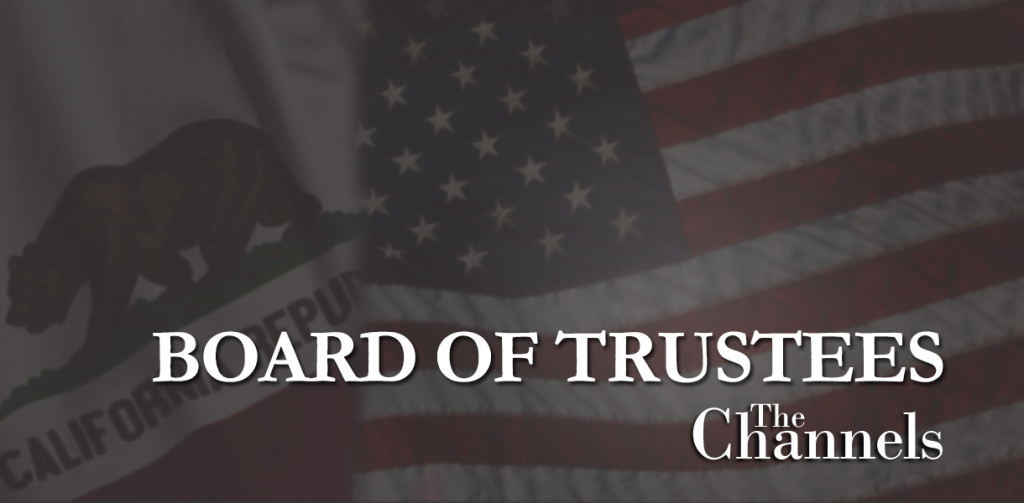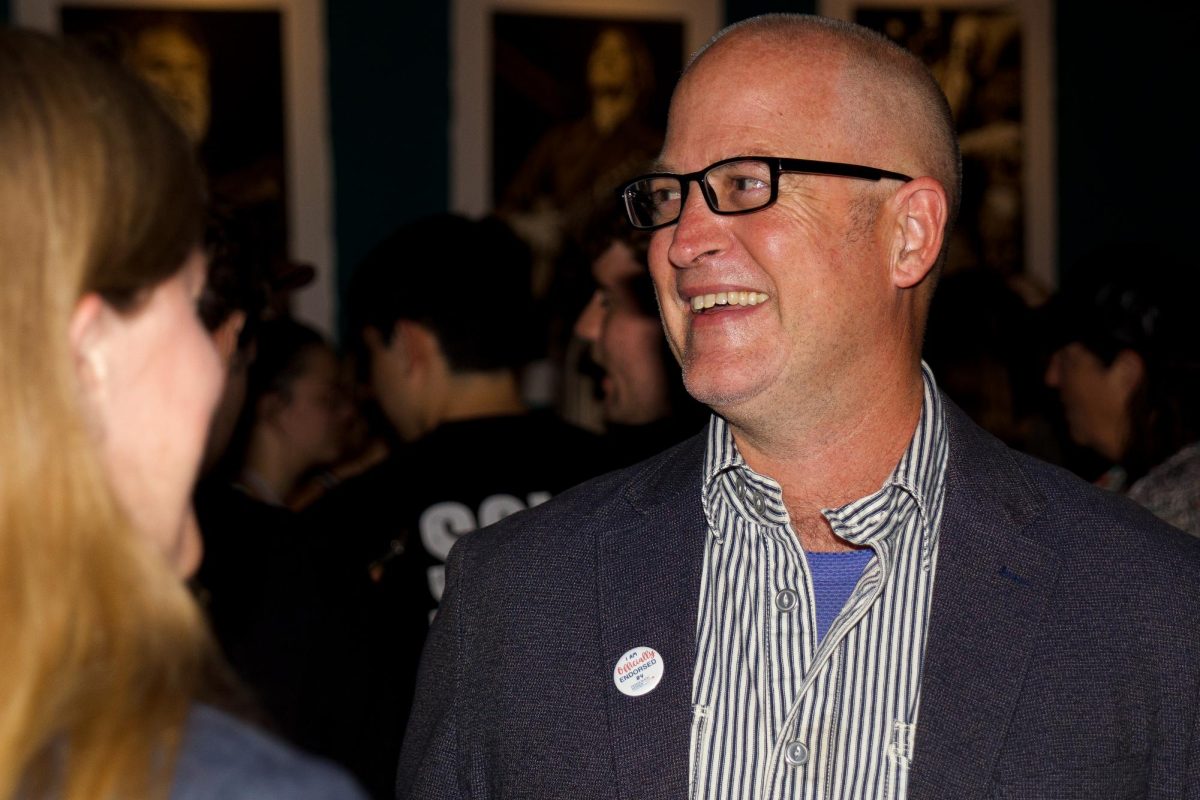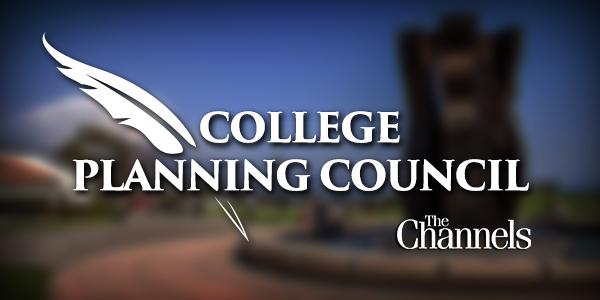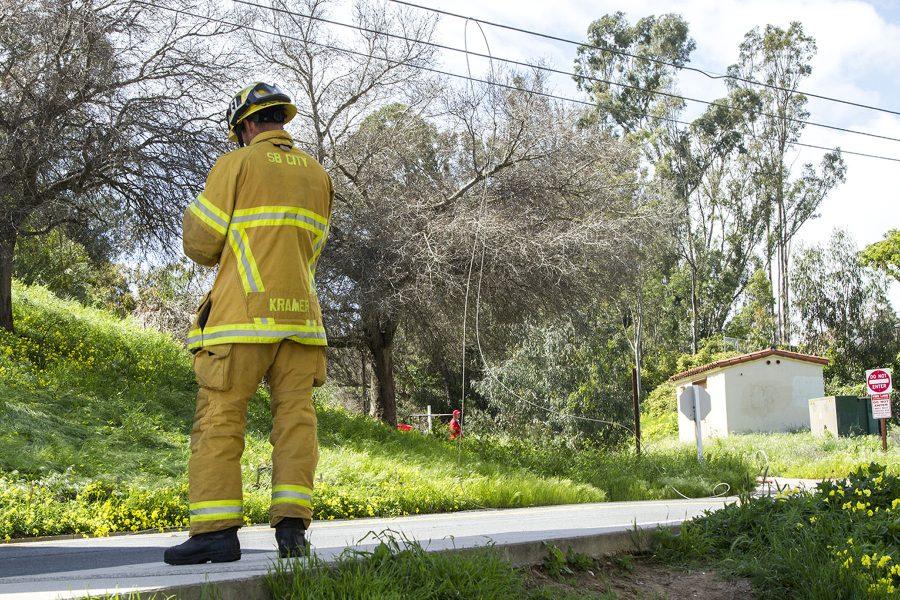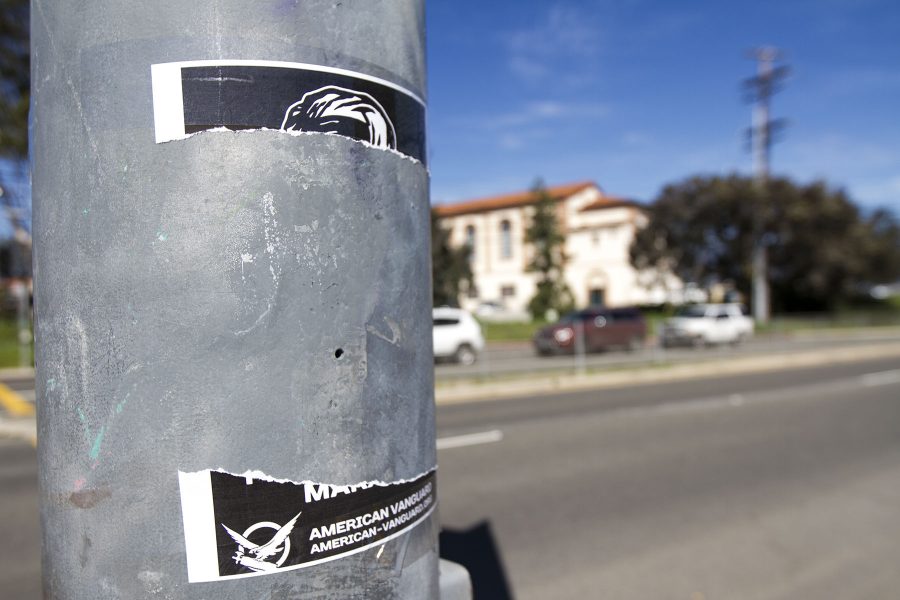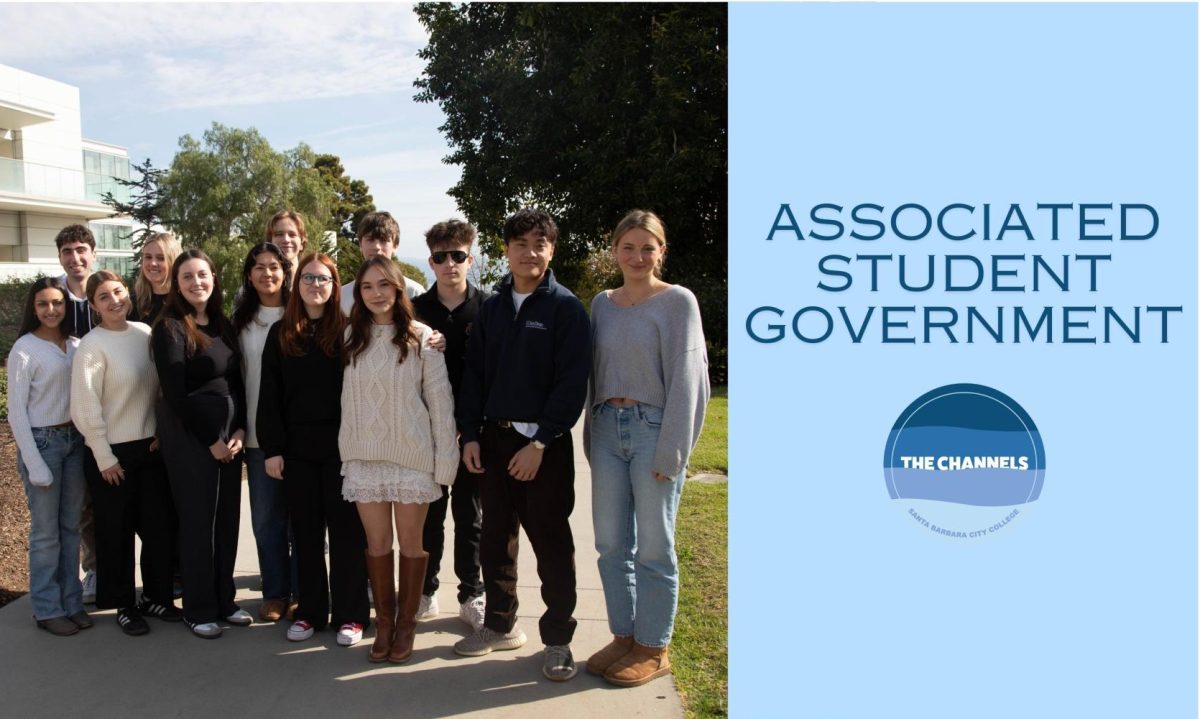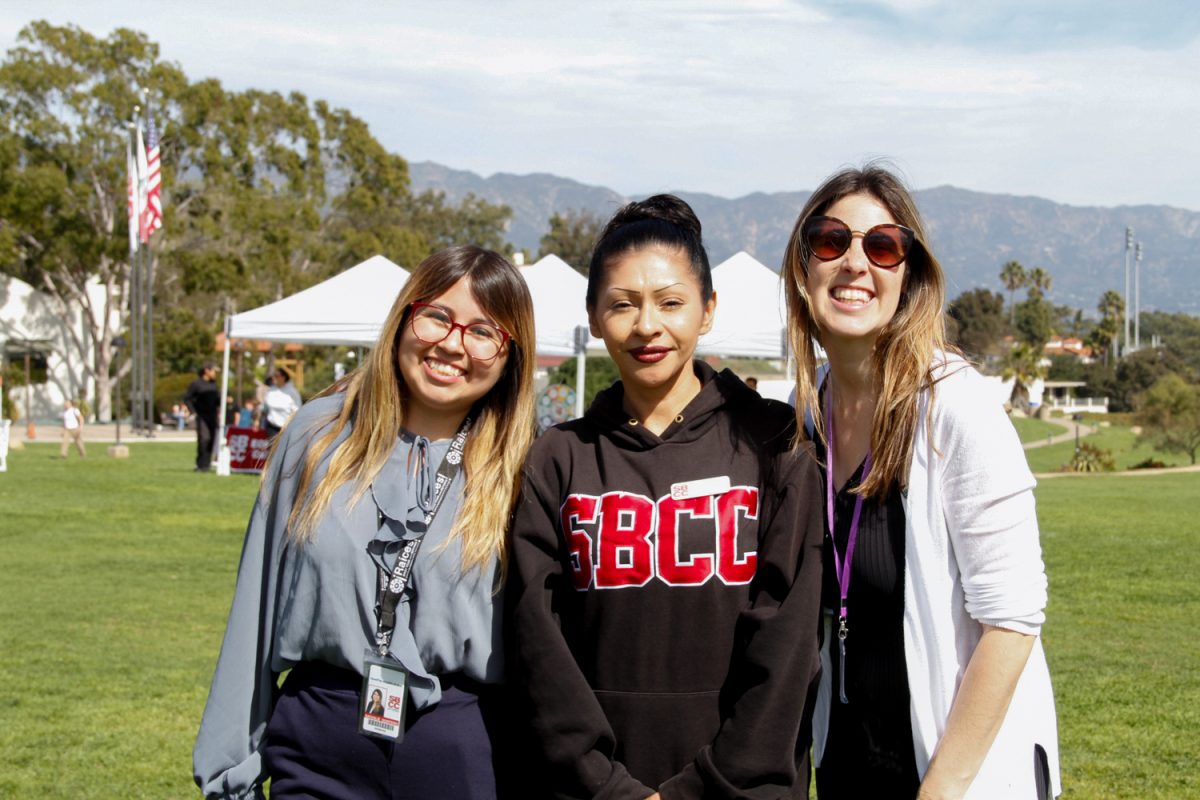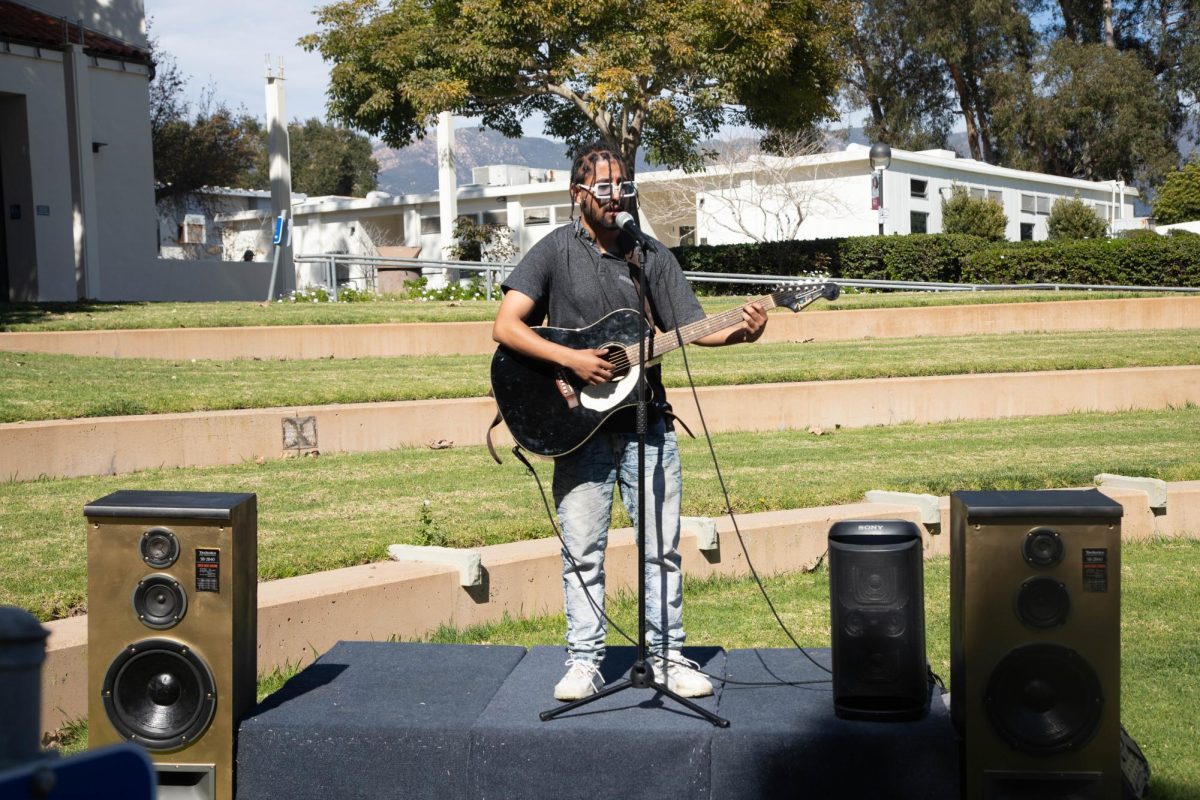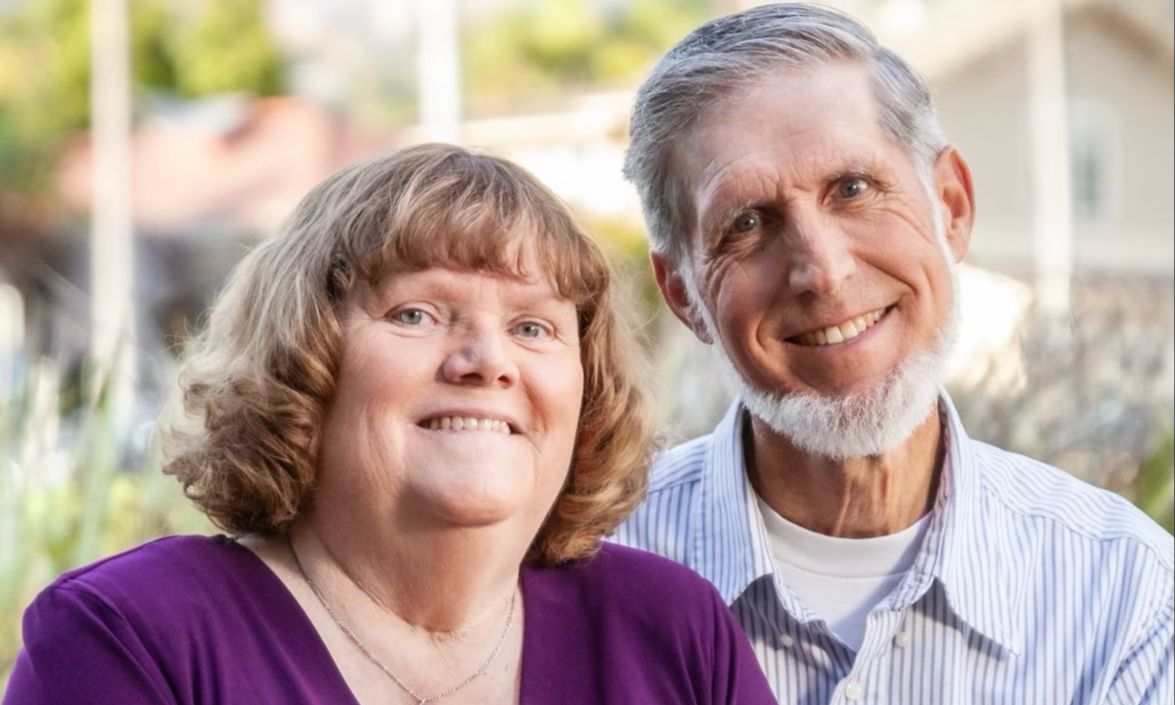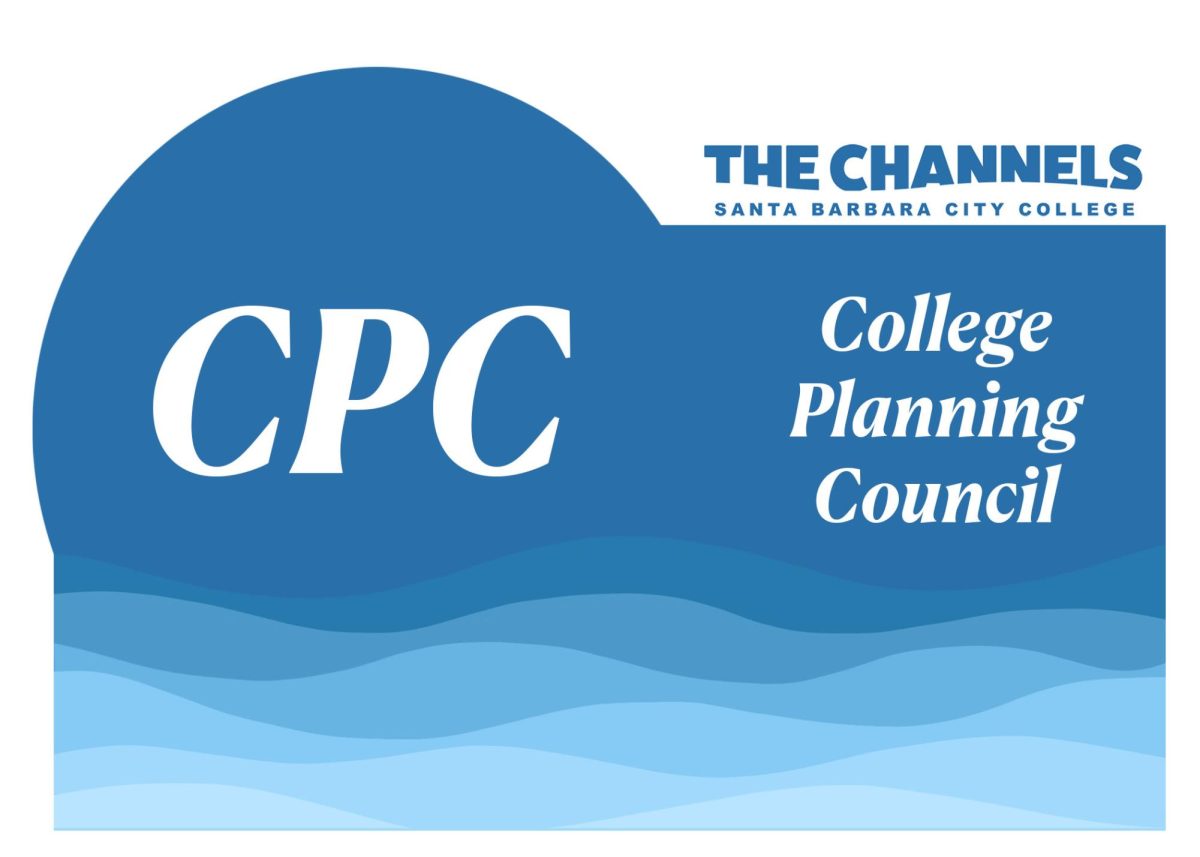City College’s new Career Skills Institute will tackle problem solving and the critical thinking that employers report today’s college graduates are lacking.
Phase One of the program will offer more than 25 noncredit certificates and over 40 short 6 to 18 hour courses focusing on real world skills.
“Those skills being things like problem solving, applying their knowledge to real world situations, dealing with critical thinking and reasoning, dealing with teamwork…” said Superintendent-President Dr. Lori Gaskin. “And reflecting upon that if I think about my own job, the technical part is about 5 percent and all of those soft skills are about 95 percent.”
The courses are based on the idea of a flipped classroom, where students watch lecture videos online at home and then come in to work through situations with professors.
According to a study done by the Association of American Colleges and Universities in January 2015, recent graduates lack the ability to “apply knowledge in a real world setting.”
“Students think they have the skills but they don’t,” said Dr. Melissa Moreno, dean of business educational programs.
The classes are non credit, meaning they’re also tuition free, and students receive certificates based on the completion of specific groups of three to four courses.
The certificates for these courses will show up on students’ transcripts and are also accompanied by a digital badge that can be added to LinkedIn or other websites.
“I think this is gold….When you’re out searching for a job these are the things you need,” said Student Trustee Tyler Gibson. “It’s not all about what you read and take a test on, it’s these practical things.”
Moreno also stated she hopes the program will revitalize the City College Wake Campus, as teachers are excited about being able to work with students more and spend less time lecturing.
The program will try to stay fresh in an ever-developing business world by relying on feedback from employers, and even the digital badges given out will be the first among California Community Colleges.
“Our current professional development center training program has been around for 18 years,” said Moreno. “And we’ve seen a market saturation with the existing program.”
Phase Two of the program will offer job placement efforts, and internships to aid students in their transition to careers.


